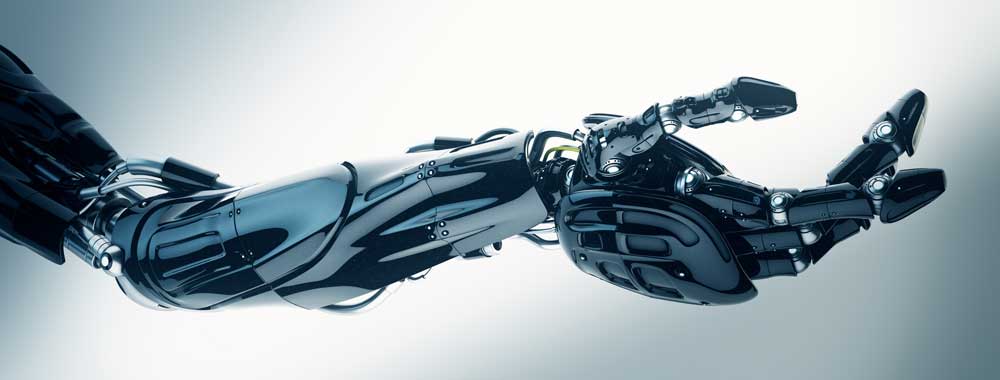Long-distance laboratory learning
Department of Computer Science, University of Western Ontario
Robotics help people perform tasks that are mind-achingly repetitive, require extreme strength or acute precision, or take place in hostile environments. However we have yet to fully realize the power and potential of robotics technology in revolutionizing the way we live, learn, and play.
The Research and Education Activities in Laboratory Mechatronics (REALM) platform may change that. By allowing high school and university students to remotely control robotic equipment for research and lab experiments, this software platform is bringing robotics to the imaginative young minds that are creating our future.


